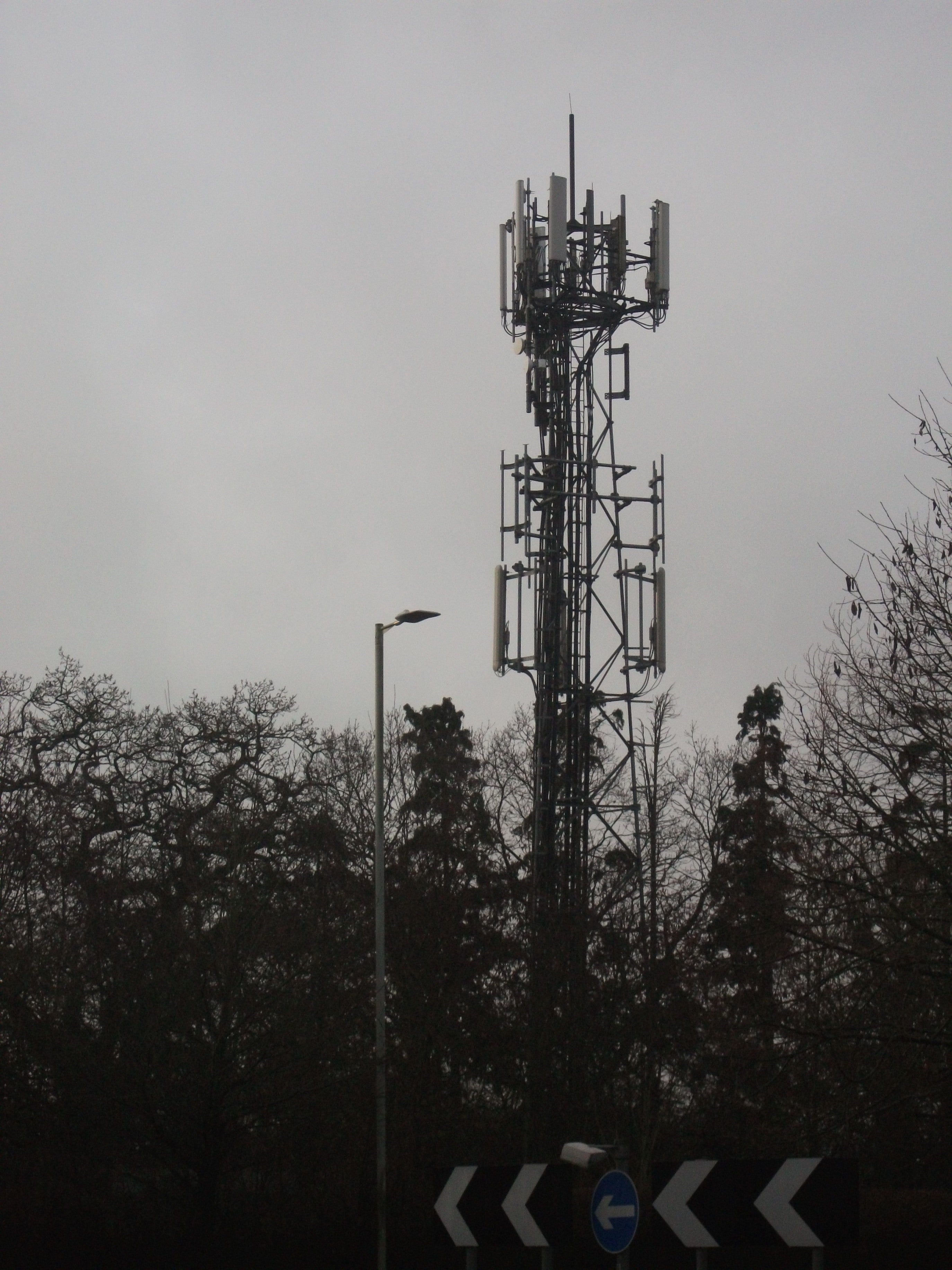Government rejects calls for mobile phone mast overhaul
Campaigners have warned that community groups which rent land to mobile phone giants have seen income collapse due to Government rule changes.

Your support helps us to tell the story
From reproductive rights to climate change to Big Tech, The Independent is on the ground when the story is developing. Whether it's investigating the financials of Elon Musk's pro-Trump PAC or producing our latest documentary, 'The A Word', which shines a light on the American women fighting for reproductive rights, we know how important it is to parse out the facts from the messaging.
At such a critical moment in US history, we need reporters on the ground. Your donation allows us to keep sending journalists to speak to both sides of the story.
The Independent is trusted by Americans across the entire political spectrum. And unlike many other quality news outlets, we choose not to lock Americans out of our reporting and analysis with paywalls. We believe quality journalism should be available to everyone, paid for by those who can afford it.
Your support makes all the difference.Community groups across the country are set to miss out on millions of pounds in rent payments from telecoms giants for phone masts on their land after the Government rejected calls for a rule change.
Visitor centres, churches and schools had been urging ministers to overturn controversial rules that led to a recalculation of rental values, leaving them around £1 billion out of pocket since 2017.
The Digital Economy Act saw rents reduced by 90% for organisations and landowners that host masts and telecoms infrastructure.
A consultation was opened by the Department for Culture, Media and Sport, to look at changing the rules but the Government has now rejected them, instead offering a new complaints process.
Campaigners reacted with fury at the decision and warned that charities and organisations could suffer.
In 2017, the Government changed the valuation methodology, which has resulted in mobile phone companies demanding rent reductions of up to 90%.
It has hit thousands of small businesses and individuals at a time when many are already facing financial hardship.
Research carried out by the Centre for Economics and Business Research (Cebr) found that the sports and social clubs, farmers, churches, charities and small businesses which provide telecommunications sites across the UK have collectively lost £209 million in rent each year since the change.
Campaigners say the Government should have used the proposed legislation to undertake a thorough review of the valuation system in order to assess the impact of the 2017 amendment.
Instead, it is proposing a complex complaints process intended to manage negotiations between landowner and mobile phone operator.
Chairwoman of the Protect and Connect campaign Anna Turley said: “The Government has been completely tin-eared in this consultation.
“Thousands of people responded to highlight the problem of land valuation.
“The vast majority explained what it is like to host a mobile phone mast and have your rent slashed and rights over your land or property handed over to telecoms giants.
“The Government has ridden rough-shod over their views and given in to the demands of these companies, who are making huge profits at the expense of charities, sports clubs, councils and farmers.”
One of the affected groups, nature charity Highfield Park Visitor Centre in St Albans, Hertfordshire said its rental income from masts has fallen from £10,000 a year to just £200.
Park manager Richard Bull said: “I can’t believe the Government is allowing this to happen. We saw our £10,000 annual rent cut to just £200, which has had a devastating impact on our charity.
“We wanted them to take their mast away – but of course they won’t; instead they’re adding more and more infrastructure and we can’t do anything about it.
“It is very disappointing that the Government places business needs above everything else.”
Ed Bailey, who runs a family hill farm in Gwynedd, North Wales has also been badly affected.
He originally agreed a rent of £5,500 a year early in 2017 with a network operator to have a telecoms mast on his land.
But, months later, after telecoms companies were granted extra powers, the rent offer was reduced to just £3.50 a year.
Mr Bailey said: “Negotiations were very stressful. I felt we were taken advantage of as a family.
“I can’t believe the Government is allowing this to happen to more people up and down the country, and I can’t help but think that all of this will slow down digital connectivity because who is going to want a mast on their land now?”